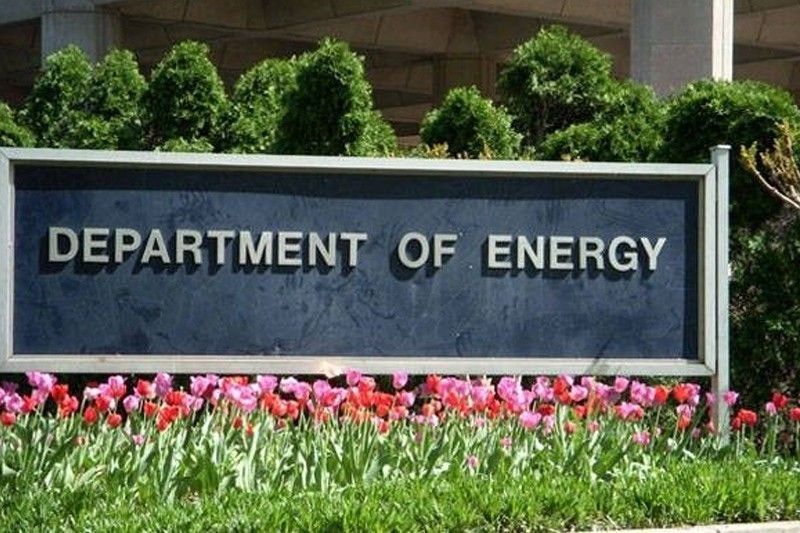DOE readies submission of energy transition plan

MANILA, Philippines — The incoming administration will have to push harder to develop indigenous and clean power sources to strengthen the country’s resiliency amid global energy issues as the Department of Energy (DOE) prepares a comprehensive report for the transition.
DOE Undersecretary Felix William Fuentebella said the agency is coming up with a comprehensive report and proposals to be turned over to the next administration.
He said the agency’s energy policy and planning bureau has been collating inputs from other bureaus and services since February.
“It has not been finalized how we propose it, but the keyword being used is the energy transition. We are undergoing energy transition already, we have a big push for technology, not only nuclear but also renewable technologies,” Fuentebella said.
The current administration has faced reliability concerns in the energy sector.
Most recent is the impact of the Russian invasion of Ukraine, which has caused energy and food price shocks across the globe.
To mitigate the impact of outside factors, the incoming government would need focus on developing indigenous and clean energy sources, Fuentebella said.
“There are pressing issues that we have to attend to including strengthening the resiliency of the country as far as the development of our indigenous and clean sources are concerned,” he said.
Under the Philippine Energy Plan (PEP) 2020-2040, the DOE has set a target to increase the RE share in the power generation mix to 35 percent and 50 percent by 2030 and 2040, respectively.
As of end-2020, RE cornered only 21 percent of the country’s total power generation mix while coal dominated the mix with 57.2 percent.
Non-government institutions earlier said the next administration must prioritize shifting the country to clean and renewable energy to have a bigger impact on climate change and to secure an inclusive and resilient economy.
This follows the third part of the Intergovernmental Panel on Climate Change’s (IPCC) Sixth Assessment Report (AR6) released last month, which stated that shifting to renewable energy is among the top solutions to at least halving global greenhouse gas emissions by 2030 in line with the Paris Agreement warming limit and to achieve an inclusive, resilient, and sustainable economic recovery.
Institute for Climate and Sustainable Cities (ICSC) associate for policy advocacy Denise Fontanilla said the latest installment of the IPCC report reinforces the challenge to the next administration to reframe climate resilience as economic resilience.
“This new report confirms what our own experts have been calling for. Adaptation must remain the country’s climate response anchor, because the pursuit of resilience objectives will establish if not accelerate the country’s decarbonization agenda,” she said.
- Latest
- Trending




























